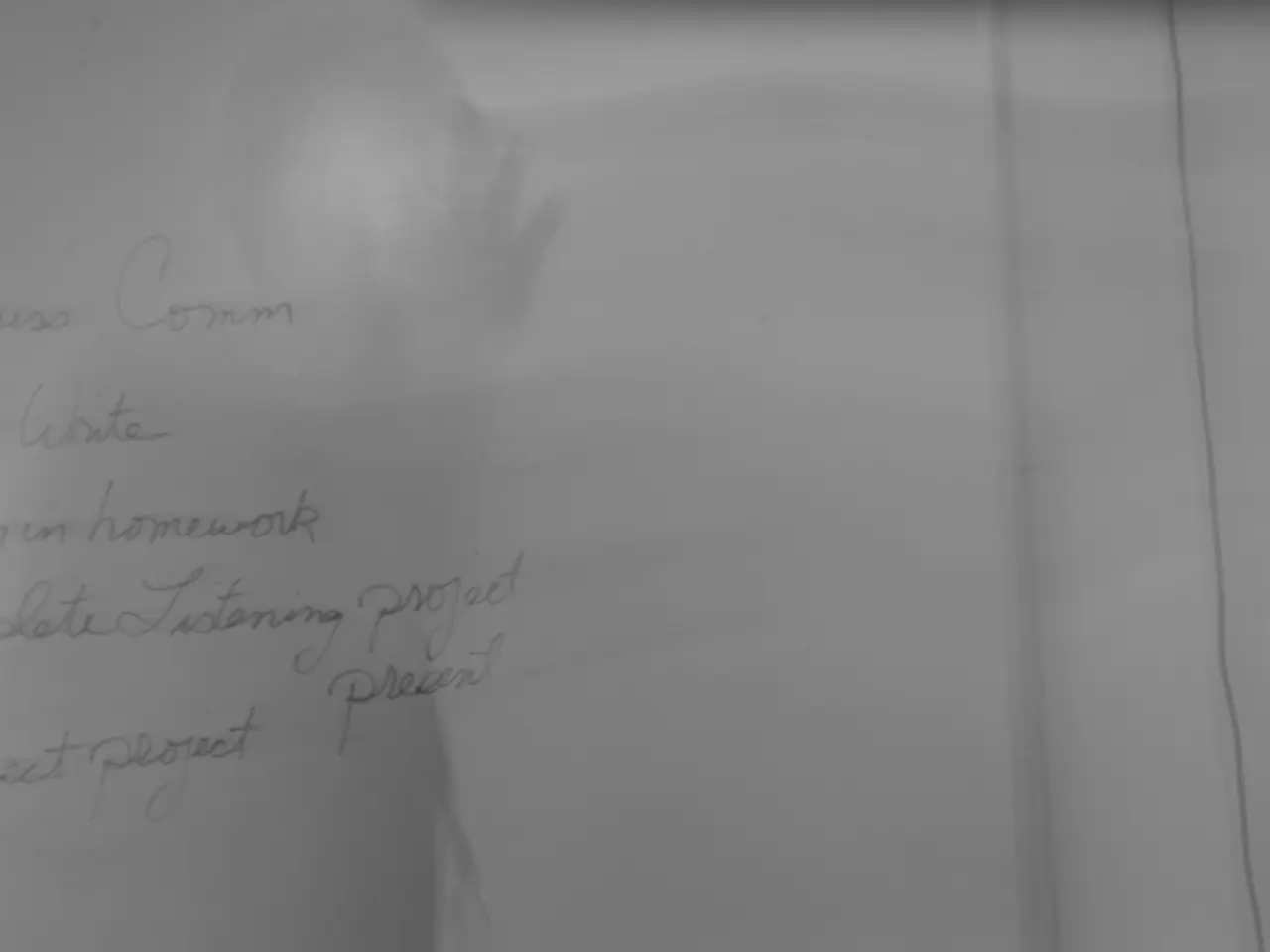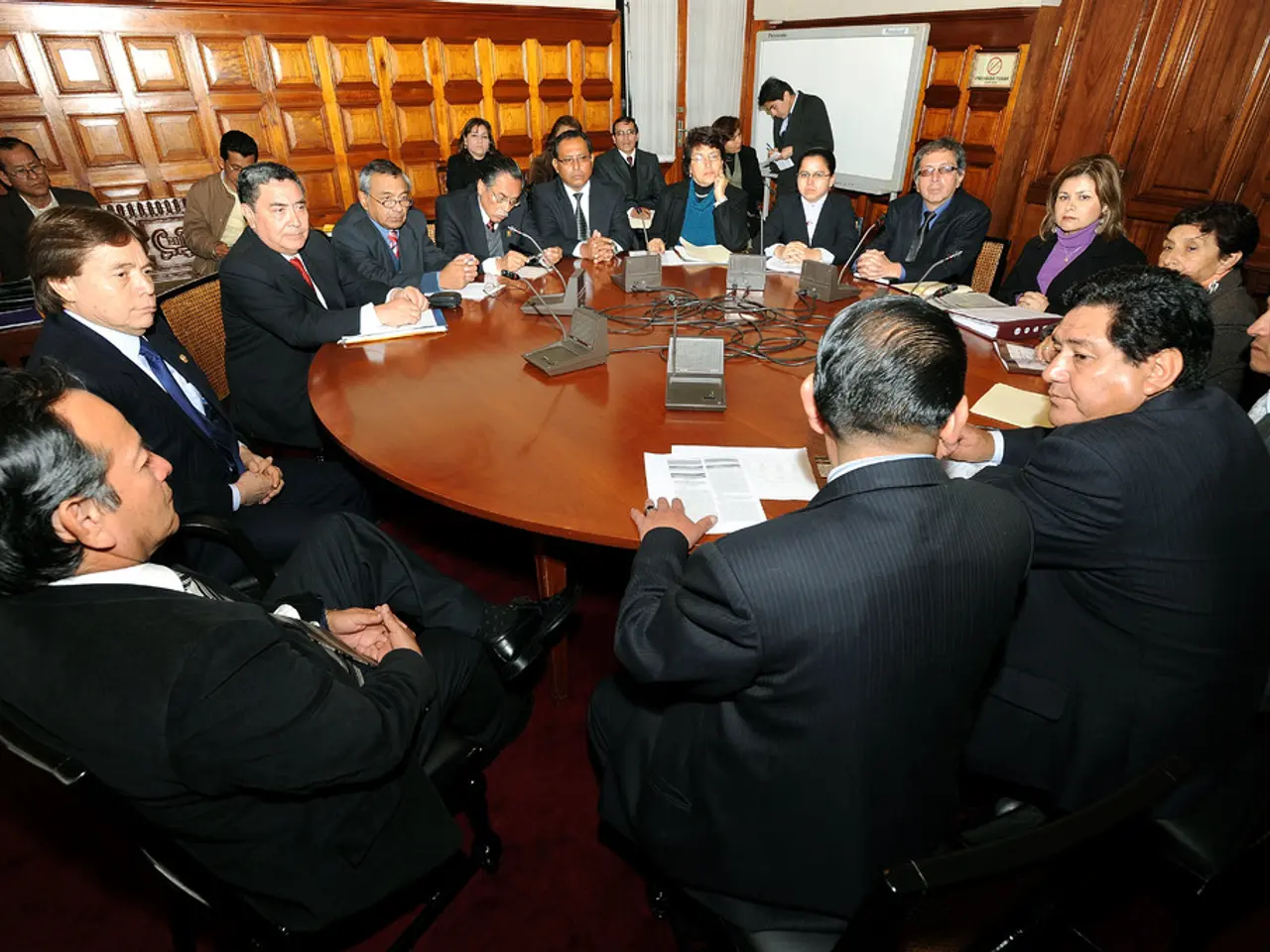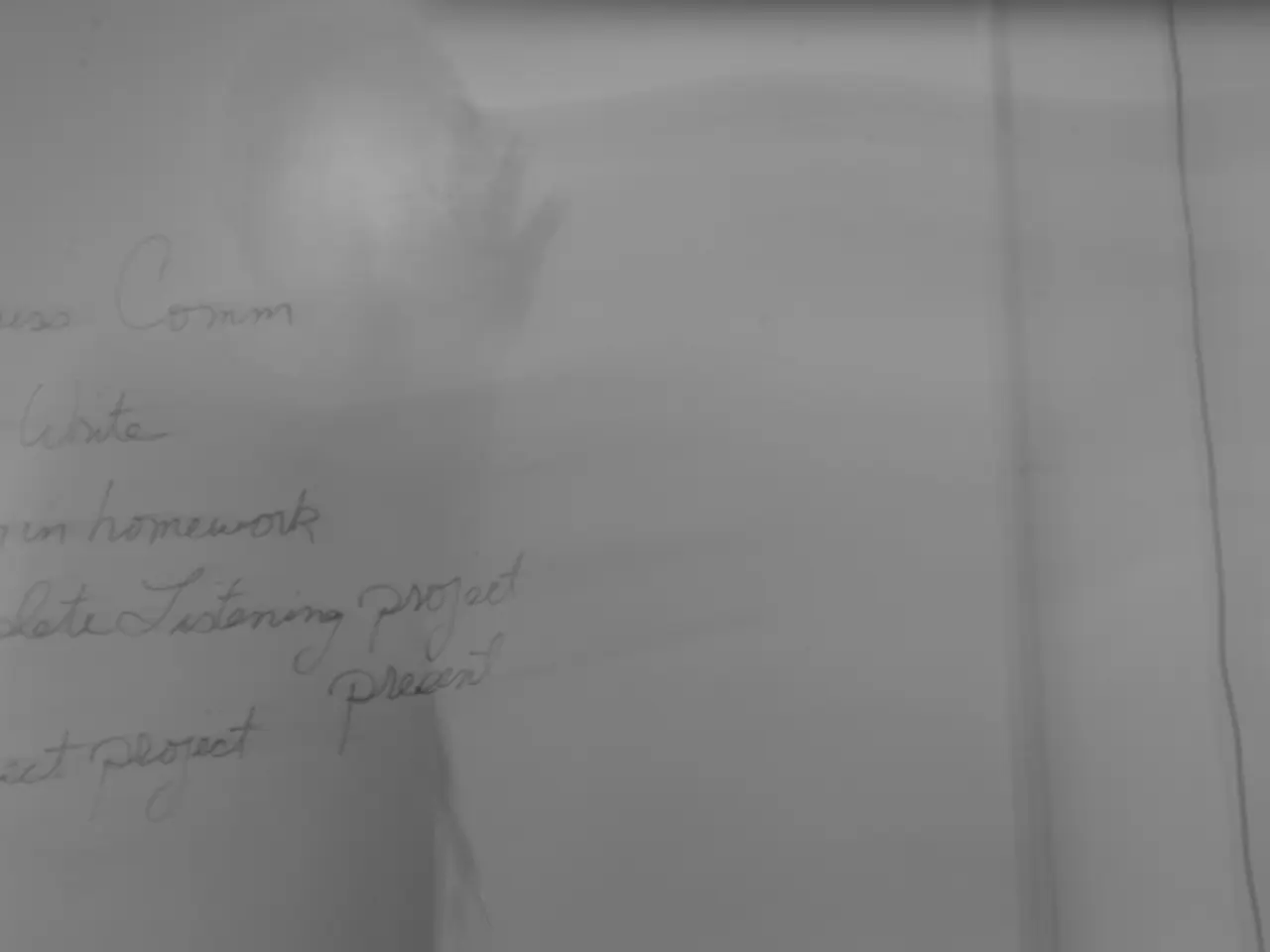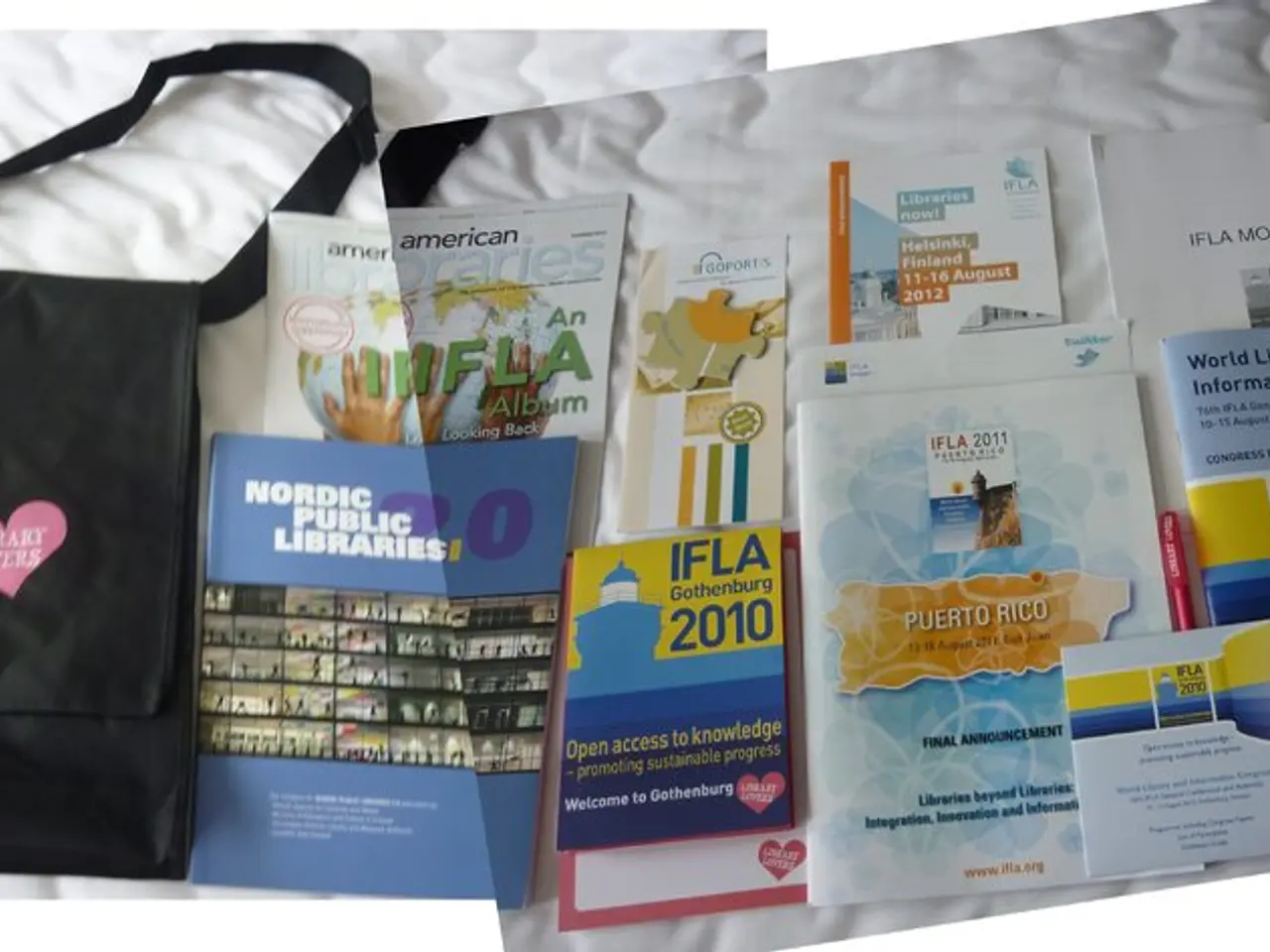EU and Indonesia reach accord on mutual free trade agreements in politics
The European Union (EU) and Indonesia have announced a significant step towards strengthening economic ties with the conclusion of a long-awaited free trade deal. The Comprehensive Economic Partnership Agreement (CEPA), under negotiation since 2016, aims to boost trade and investment between the 27-nation EU bloc and Indonesia, Southeast Asia’s largest economy.
## Key Details of the EU-Indonesia Free Trade Agreement
- The CEPA agreement aims to open new markets and create opportunities in key sectors such as agriculture, automotive, business activity, and services. - Negotiations have been ongoing since 2016, with the political agreement reached and announced on July 13, 2025. The final agreement is set to be concluded in September 2025 by EU trade chief Maros Sefcovic and Indonesia's chief economic minister, Airlangga Hartarto. - The agreement is expected to unlock untapped potential in trade relations, foster investment, and expand market access for both parties.
## Significance Against US Trade Dispute
The EU's move to solidify trade relations with Indonesia is seen as a strategic response to the growing global trade tensions, particularly as the United States under President Donald Trump has threatened significant tariff increases. By deepening economic partnerships with major economies like Indonesia, the EU aims to diversify its trade portfolio and secure access to new markets, reducing potential risks from US-driven trade disruptions.
## Quoted Perspectives
- Ursula von der Leyen, European Commission President, stated, "We're living in turbulent times and when economic uncertainty meets geopolitical volatility, partners like us must come closer together. So today we're taking a big step forward in this partnership... This big and important political agreement on the free trade agreement with Indonesia is today a huge milestone forward, and shows that we're looking for new markets, open markets." - Indonesian President Prabowo Subianto said, "We consider Europe to be very important to us. That's why we would like to see more European presence and more European participation in our economy... I think that in this era of instability or confusion, we are setting the right example."
## Summary
The EU-Indonesia trade pact reflects a mutual ambition to strengthen economic resilience and expand opportunities in a changing global trade landscape. The extension of the suspension on EU countermeasures against US products may signal a willingness by the EU to continue dialogue with the USA regarding trade issues.
- In the context of increasing global trade tensions, particularly with US tariff threats, the Community policy and policy-and-legislation of the European Union (EU) regarding the free trade deal with Indonesia can be seen as a strategic move to diversify the trade portfolio and secure access to new markets, thus reducing potential risks from US-driven trade disruptions.
- The significance of the policy-and-legislation and politics in the EU-Indonesia free trade agreement lies in its potential to unlock untapped potential in trade relations, foster investment, and expand market access for both parties, as stated by the general news reports on the key details of the Comprehensibility Economic Partnership Agreement (CEPA).






